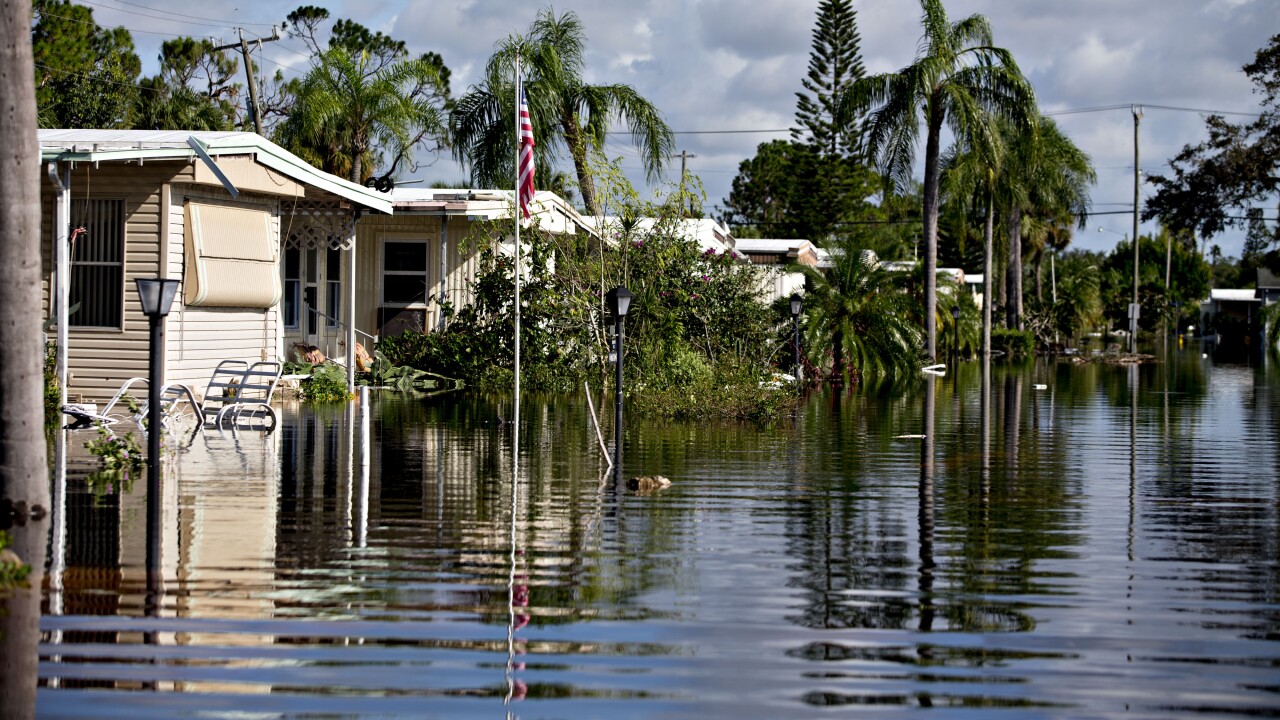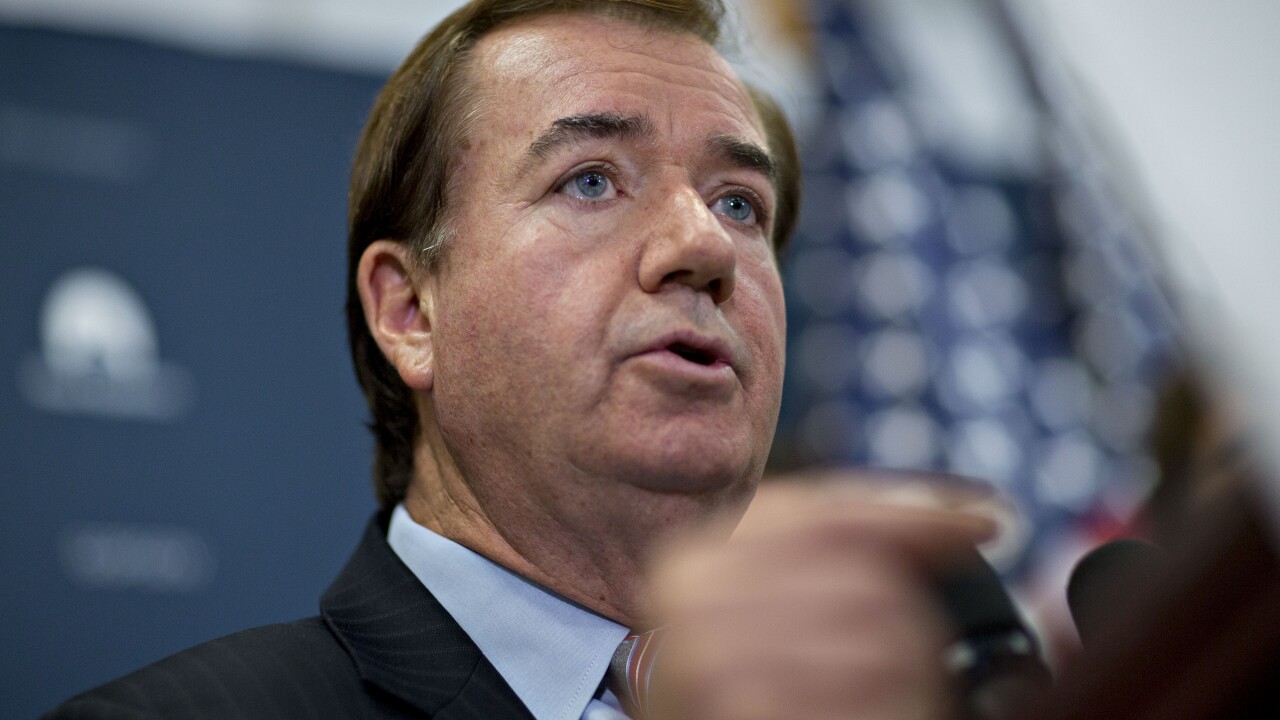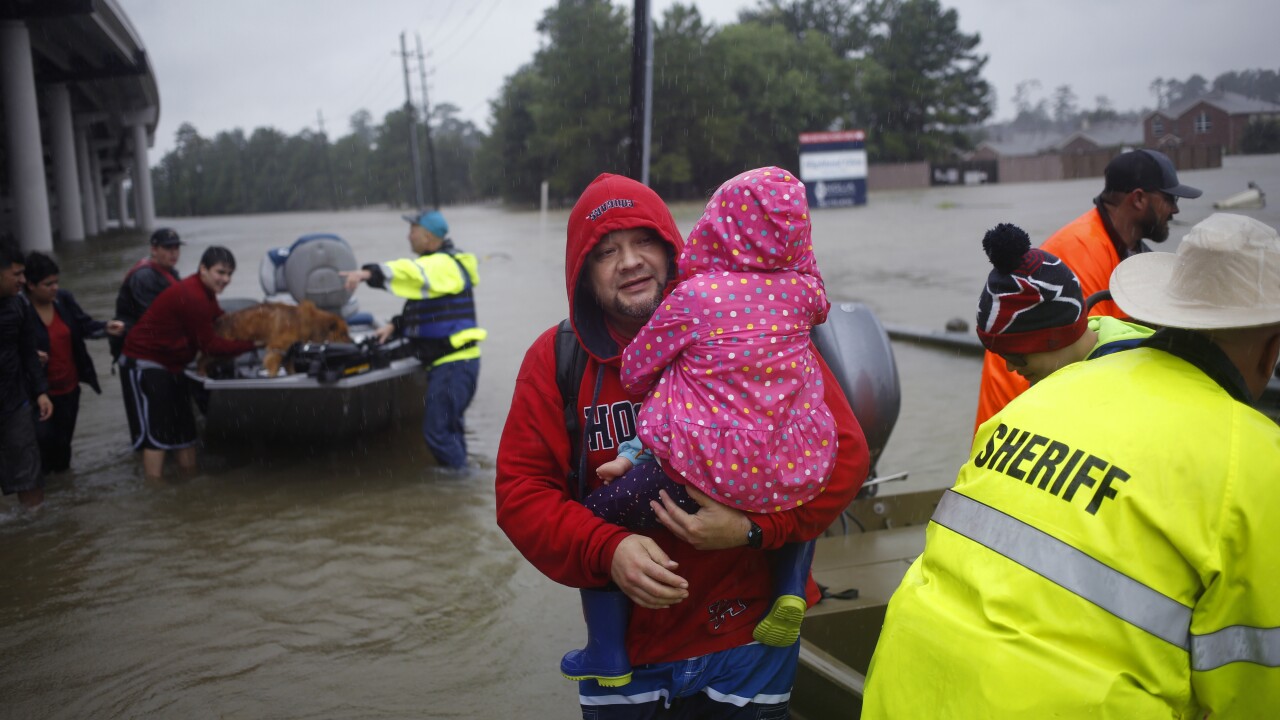-
First-term Rep. Rashida Tlaib, D-Mich., has sponsored the Prevent Discrimination in Auto Insurance Act in order to prevent “undue burden” on low-income individuals seeking auto insurance.
March 18 -
Many federal agencies have been closed for more than three weeks, making it the longest shutdown in U.S. history. With no end in sight, here's how it's affecting banks, credit unions and mortgage lenders.
January 13 -
The announcement rescinded the agency's earlier guidance issued to industry partners to suspend sales operations as a result of the current lapse in funding from Congress.
December 31 -
Lawmakers and industry groups were caught off guard when FEMA said it wouldn't issue flood insurance policies during the government shutdown, despite an extension passed last week.
December 27 -
Lawmakers have had to extend the program eight times since October 2017, as Congress has been unable to pass broader reforms.
November 30 -
The agency alleges the subprime auto lender violated consumer finance laws by misrepresenting the level of guaranteed insurance protection.
November 20 -
Lawmakers authorized a four-month extension less than a day before the program was set to expire.
July 31 -
Reps. Ed Royce, R-Calif., and Earl Blumenauer, D-Ore., introduced a bipartisan package of legislation Tuesday to extend the National Flood Insurance Program through Nov. 30.
July 18 -
Once again, congressional inaction on reauthorizing the National Flood Insurance Program is prompting concerns about what a lapse in coverage could mean for loan closings.
July 9 -
There are almost 7 million coastal homes facing more than $1.6 trillion in potential storm-surge reconstruction expenses this year, representing a 6.6% cost increase from last year's hurricane season.
May 31 -
Months after President Trump vowed that Wells Fargo would pay a severe penalty, the CFPB and OCC hit the bank with a $1 billion fine to settle claims it overcharged customers for auto insurance and home loans.
April 20 -
Tim Russi played a key role in the company’s transition away from its once-close relationship on General Motors. He will be succeeded by Doug Timmerman, a 32-year Ally veteran.
April 19 -
Three senators have unveiled a bill that would allow captive insurance companies to regain full membership in the Federal Home Loan Bank System.
February 1 -
The percentage of flood damage to residential properties from Hurricane Harvey that is uninsured is turning out to be a little higher than earlier estimates.
January 25 -
Numerous business sectors are urging lawmakers to act quickly to extend the National Flood Insurance Program before a crucial deadline next week.
November 30 -
The House approved a five-year extension of the National Flood Insurance Program on Tuesday, but it remains unclear whether the Senate will seek to pursue its own bill. The program is due to expire Dec. 8.
November 14 -
The bill includes $16 billion in debt forgiveness for the National Flood Insurance Program and could benefit financial institutions’ customers in areas impacted by recent hurricanes and wildfires.
October 24 -
The House passed a bill Thursday making it easier to obtain private flood insurance policies, but moments later the Senate took a pass on the legislation.
September 28 -
The Terrorism Risk Insurance Act was created after 9/11 to serve as a crucial federal backstop for commercial real estate insurers, but an analysis of alternatives to fund the program reveals the continued challenges of measuring and predicting terror risk.
September 11 -
Republican efforts to repeal the Consumer Financial Protection Bureau's arbitration rule were dealt a significant blow Friday by another Wells Fargo scandal.
July 28

















